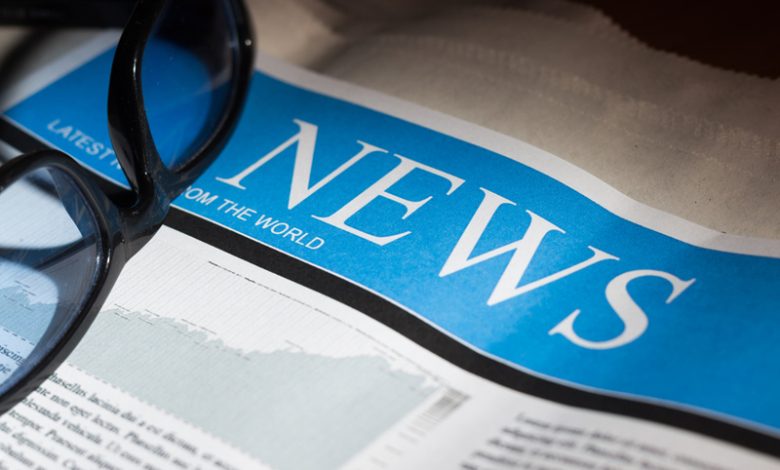
Venezuela Aid Trucks Arrive in Colombia Amid EU Call for Dialogue
By Nelson Bocanegra and Anggy Polanco
CUCUTA, Colombia/TIENDITAS, Venezuela – Trucks carrying humanitarian aid for Venezuela, which is grappling with a severe crisis, arrived in the Colombian border city of Cucuta on Thursday. This development comes as President Nicolas Maduro seems poised to obstruct the aid’s entry amid an intensifying political standoff.
The convoy, including supplies from the United States, raises the stakes for Maduro just hours after a group backed by the European Union called for dialogue and new elections, while cautioning against any form of interventionism.
Maduro has dismissed the aid as a "political show," asserting his determination to remain in power. This comes despite a number of countries worldwide rejecting his leadership and recognizing opposition leader Juan Guaido as the legitimate president.
As the trucks arrived, escorted by police motorcycles, Venezuelans gathered in Cucuta to see if Maduro’s government would allow humanitarian shipments to pass through the blocked border road. Demonstrators waved signs denouncing Maduro and celebrated the convoy’s arrival.
"This gives me such hope, especially for the family that I left behind, my children, my wife," said Israel Escobar, a 42-year-old Venezuelan who has relied on street vending in Cucuta for a year. "This is one more step towards ending that terrible regime."
On the Venezuelan side of the border, around 60 protesters rallied for the aid to be allowed through. Under Maduro, the country has experienced an economic collapse, leading millions to struggle for food and sparking a massive migration crisis in the region. Since 2015, approximately 3 million Venezuelans have fled the country, with around 800,000 settling in Colombia.
Despite the arrival of the aid, Maduro showed little inclination to relent, as a bridge linking the two nations remained obstructed by a cistern and shipping containers.
"The so-called ‘humanitarian aid’ operation is a show, a cheap show, a bad show," Maduro stated in an interview with a Mexican publication. "You can be sure that it won’t disturb Venezuela."
On the same day, he attended an event at the presidential palace as part of a campaign by his supporters urging an end to U.S. involvement in Venezuela.
Elliott Abrams, the U.S. special envoy for Venezuela, indicated that the aid effort was coordinated with Guaido’s team but emphasized that it would not be forced into Venezuela. "Let it in, that’s what we’re asking, let it in," he urged, calling on members of Venezuela’s armed forces to persuade Maduro to resign or disobey his orders. Abrams mentioned that supplies would be delivered when it was "logistically safe" to do so.
In recent developments, the U.S. imposed sanctions on Venezuela’s state-owned oil company, PDVSA, which are expected to worsen the country’s hyperinflationary economic crisis.
In contrast, the EU and several Latin American countries advocating for a moderate approach to Venezuela have called for dialogue and new elections. During its founding meeting in Uruguay, the EU-backed International Contact Group on Venezuela warned that aggressive intervention could worsen the crisis. EU Foreign Policy chief Federica Mogherini emphasized that a resolution must ultimately come from the Venezuelan people to avoid additional suffering and chaos.
Maduro expressed support for the dialogue call on social media. However, critics note that previous dialogue efforts allowed the ruling Socialist Party to delay substantive changes on crucial issues, including the imprisonment of opposition politicians and electoral transparency.
Since Guaido became the head of Venezuela’s National Assembly in January and subsequently declared himself interim president, he has rallied the opposition behind him. Maduro labels Guaido as a U.S. puppet aiming to instigate a coup, yet he retains power with military support.
Some members of Venezuela’s military, including a general from the Air Force, have started to recognize Guaido. On Thursday, Venezuelan embassies in Brazil, Argentina, and Mexico published statements acknowledging Guaido, although they quickly retracted these, claiming they were the result of hacking, while reiterating unwavering support for Maduro.
The International Monetary Fund awaits guidance from its member countries on whether to recognize Guaido, as any new government in Caracas would likely seek financial assistance.
 GOOGL
GOOGL  META
META 

